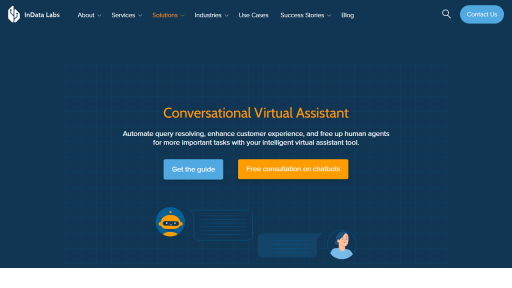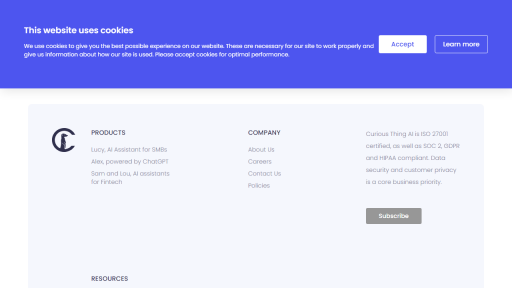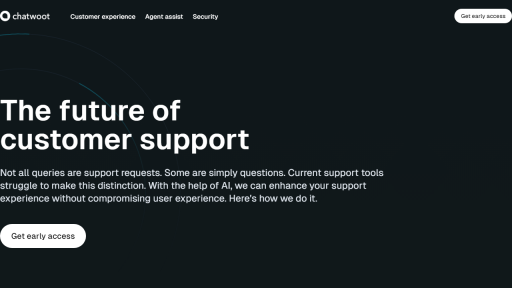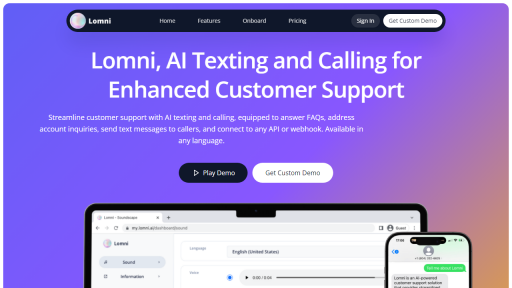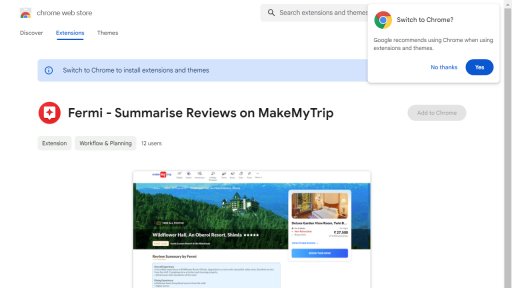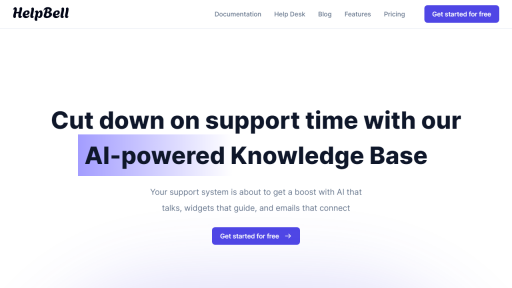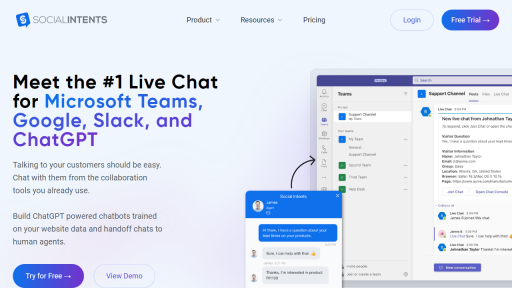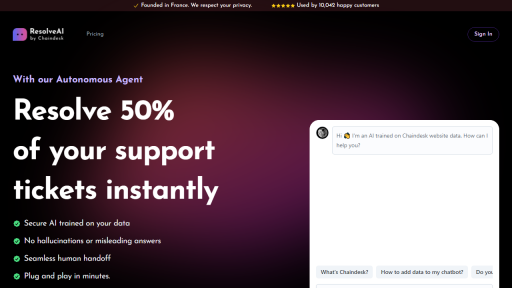What is DialogGPT?
DialogGPT is an advanced conversational AI model developed by OpenAI, specifically designed for human-like dialogue generation. It builds upon the foundation of the GPT architecture, fine-tuned to produce coherent and contextually relevant responses in conversational settings. With a focus on dialogue, DialogGPT excels in maintaining context across interactions, enabling users to engage in more natural and fluid conversations. The tool is capable of understanding and responding to a wide range of topics, making it suitable for various applications, from customer support and virtual assistants to creative writing and educational tools. DialogGPT utilizes state-of-the-art machine learning techniques to analyze input and generate responses that are not only contextually appropriate but also engaging and informative. By leveraging vast datasets and sophisticated training methods, DialogGPT has been crafted to mimic human conversational patterns, providing users with an interactive experience that feels intuitive and relatable.
Features
- Contextual Awareness: Maintains context over multiple exchanges, allowing for more natural conversations.
- Multi-domain Knowledge: Equipped to handle a wide array of topics, making it versatile for various applications.
- User Customization: Allows users to set preferences for tone, formality, and style to tailor the conversation experience.
- Interactive Learning: Adapts responses based on user feedback, enhancing the relevance and quality of conversations over time.
- Rich API Support: Integrates seamlessly with other applications and platforms, enabling easy deployment in diverse environments.
Advantages
- Enhanced User Engagement: Generates responses that are engaging and relatable, improving user interaction.
- Efficiency: Reduces the need for human intervention in routine queries, streamlining customer support and information retrieval.
- Scalability: Can be deployed across various platforms and scaled to accommodate increasing user demands without losing performance.
- Cost-effective: Minimizes operational costs by automating dialogues that would typically require human resources.
- Continuous Improvement: Learns from interactions, ensuring that the quality of responses improves over time, adapting to user preferences.
TL;DR
DialogGPT is a state-of-the-art conversational AI tool that generates contextually relevant and engaging responses for natural dialogue across various applications.
FAQs
What types of applications can benefit from DialogGPT?
DialogGPT can be used in customer service chatbots, virtual assistants, educational tools, and content creation, among others, enhancing user interaction across these domains.
How does DialogGPT maintain context in conversations?
DialogGPT uses sophisticated algorithms to track and retain context from previous exchanges, ensuring that its responses are coherent and relevant to ongoing discussions.
Can DialogGPT be customized for specific industries?
Yes, DialogGPT allows for user customization, enabling it to be tailored for specific industries or use cases by adjusting tone, style, and formality of responses.
Is DialogGPT capable of learning from user interactions?
Yes, DialogGPT features interactive learning capabilities, allowing it to adapt and improve its responses based on user feedback and interactions over time.
How can developers integrate DialogGPT into their applications?
Developers can integrate DialogGPT through its rich API support, which provides extensive documentation and tools for seamless deployment in various environments.

